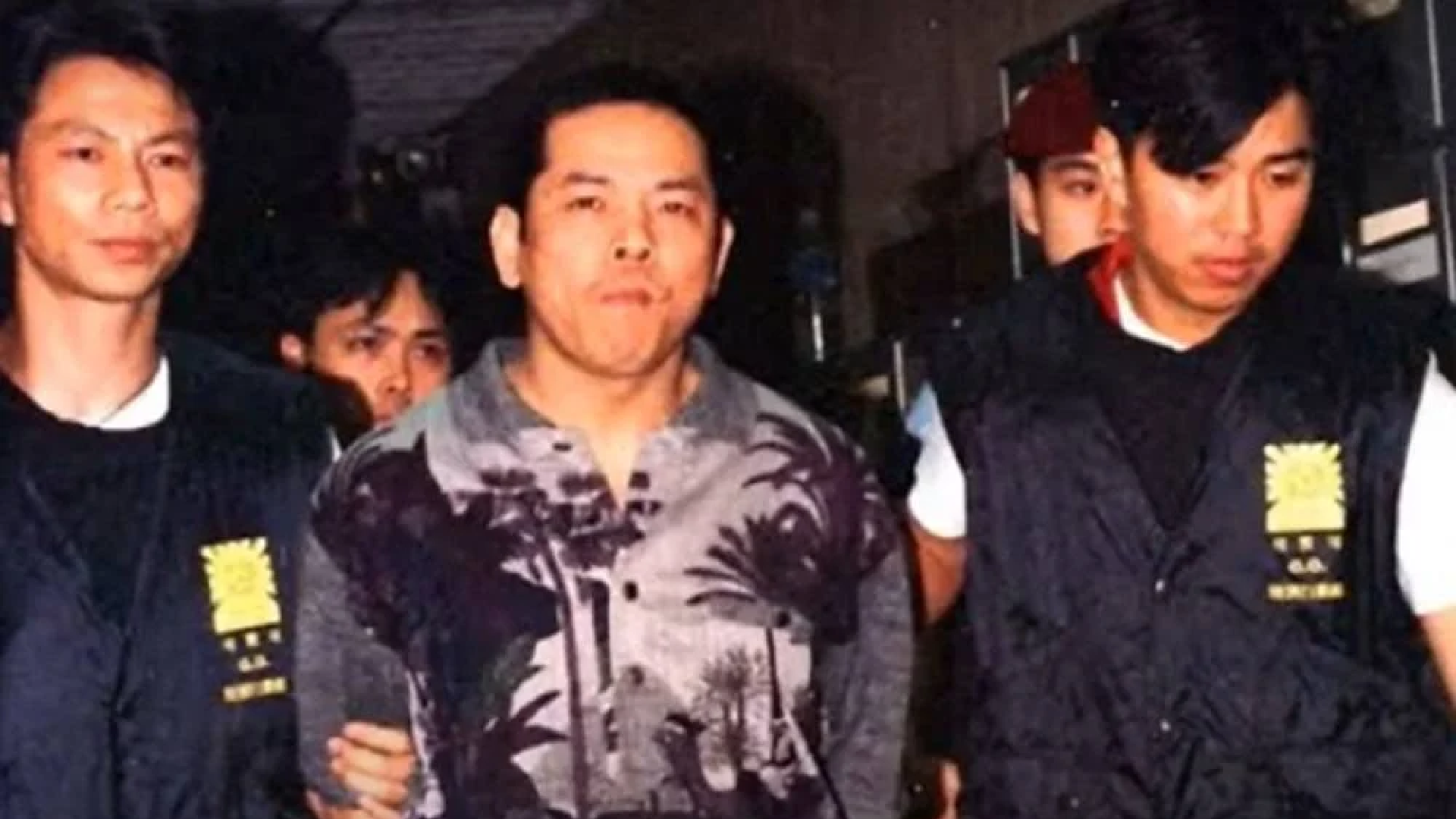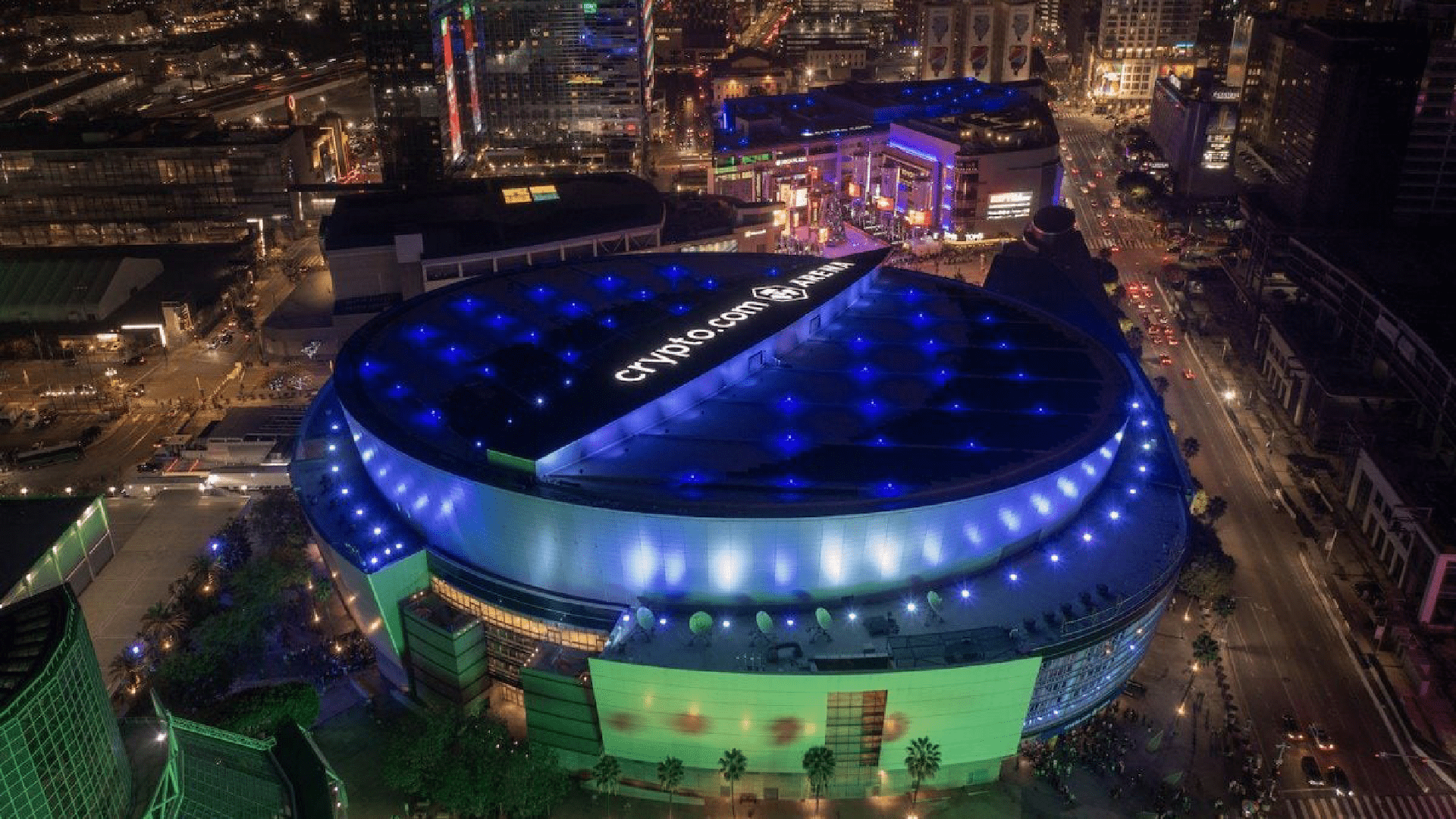Macau Crime Boss ‘Broken Tooth’ Koi’s Hidden Ties to Beijing Exposed

According to a Wall Street Journal study, Wan Kuok Koi, the former and possibly current leader of the 14K Triads in Macau, is closer to the Chinese government than the Beijing Politburo is willing to acknowledge.
Wan is currently the head of the World Hongmen History and Culture Association and has a long history with Macau's junket-driven casino business since the 1990s. The group, which operates throughout Southeast Asia, Africa, and the Pacific, openly promotes Chinese culture overseas, but according to the US authorities, it serves as a cover for organized crime.
The group has directly contributed to the advancement of Chinese foreign policy goals, such as backing Beijing's Belt and Road Initiative, pushing for Taiwan unification, and offering security to Chinese leaders abroad.
However, Wan and the Hongmen association were sanctioned by the US Treasury in 2020 on charges of money laundering, unlawful gambling, narcotics trafficking, and racketeering.
Public Refusals
Although Wan's ties to China have been openly denied by Chinese authorities, the WSJ analysis indicates otherwise. According to Chinese official media, Wan was a member of the Chinese People's Political Consultative Conference, a high-level CCP advisory group, from 2015 until 2020.
He was seen in Beijing in 2020, months after the Foreign Ministry rejected any connection, accepting a “patriotism” award from an organization associated with the People’s Liberation Army.
Wan met with Hainan provincial authorities earlier this year to talk about cross-border currency cooperation, according to the inquiry. During President Xi Jinping's April state visit to Cambodia, Hongmen leaders participated in a closed-door meeting with a CCP-affiliated organization that addressed the safety of Chinese nationals living abroad.
Wars on Turf
In the 1990s, Wan gained infamy as the leader of the 14K in a bloody turf war with rivals the Shui Fong over control of Macau's legitimate casino VIP rooms and illicit gambling dens.
In May 1998, just before the premiere of a film about him that the mobster had funded, Wan was taken into custody.
On charges of illegal gambling, loansharking, criminal association, and attempting to car-bomb a local police chief, Wan was given a 15-year prison sentence in November 1999.
His incarceration represented the end of Macau's triad domination. More than a century of colonial domination came to an end when Portugal returned control of the region to China a month later. Once a loosely governed haven where organized crime thrived, Macau was about to embrace a new age under Beijing's supervision.
In 2012, Wan was set free in a new Macau. The area became the world's richest gambling market after liberalizing its casino business while he was away.
Worldwide Operator
Wan rebranded himself as a worldwide operator after serving time in prison. Authorities in Malaysia claim that he has experimented with stock manipulation and internet scams. According to UN investigations, special economic zones connected to Wan's network in Myanmar and Laos have developed into hotspots for human trafficking and gambling-related fraud.
Hongmen's operations have been mostly unaffected, despite Beijing repatriating numerous foreign fraudsters who prey on Chinese citizens. This, according to observers, shows a pattern of governmental protection in return for allegiance.
Since being released from prison, Wan has denied any criminal participation, saying in a recent video posted on Hongmen channels that his only objective is to "serve [his] country."




